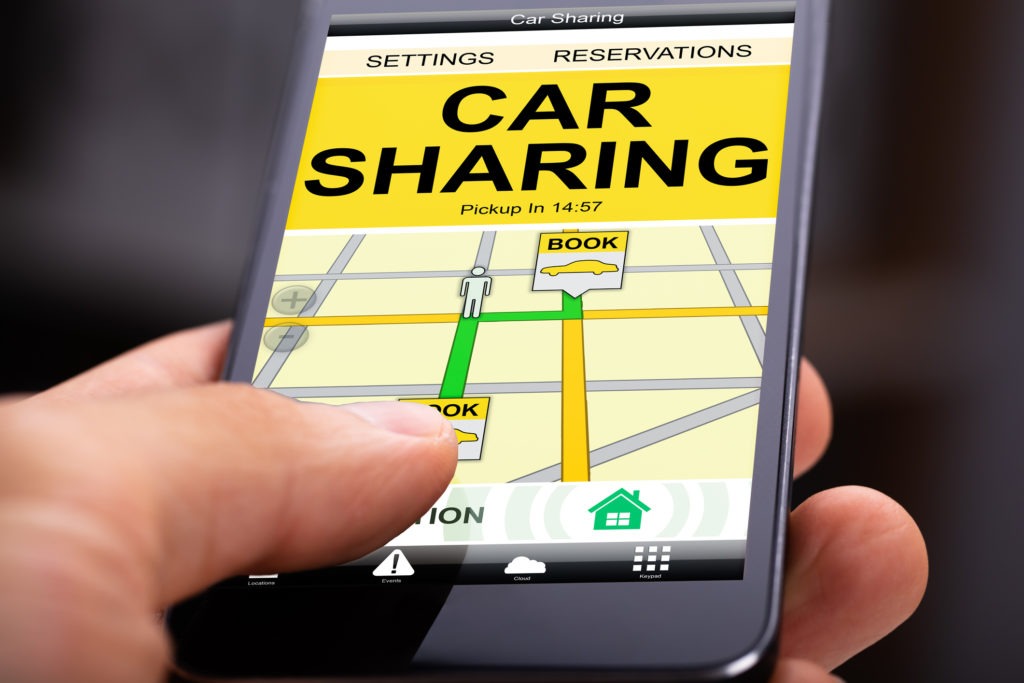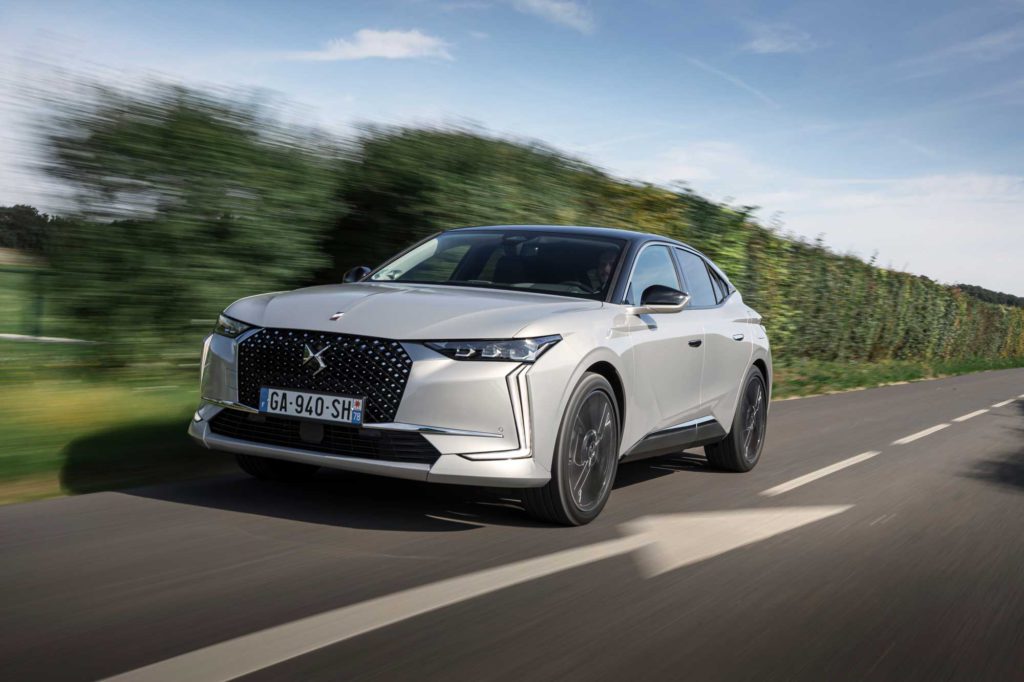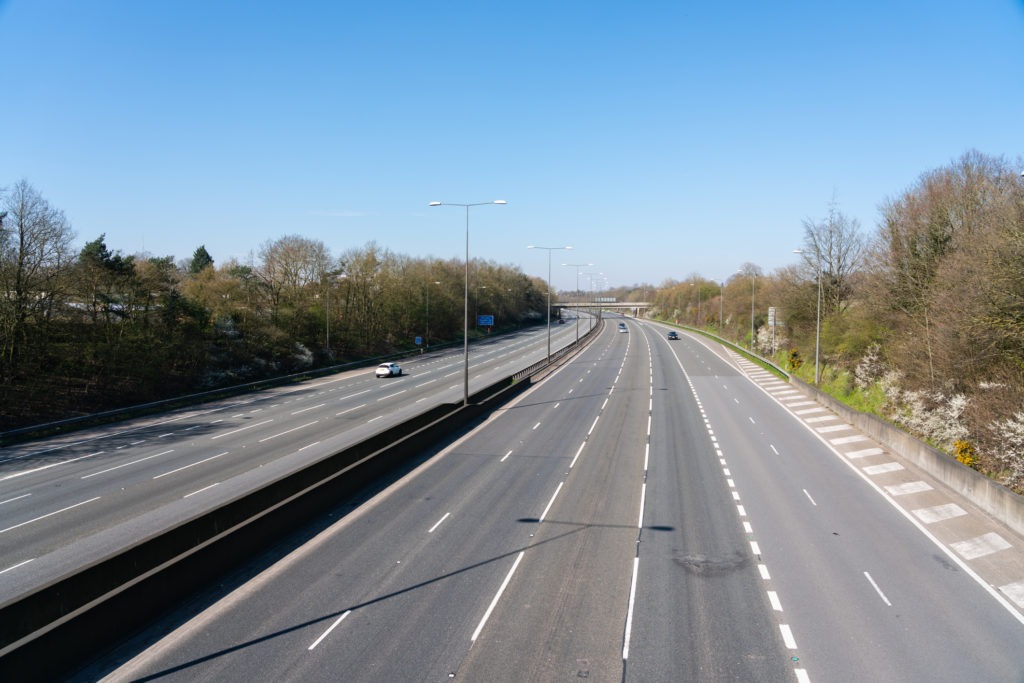UK ‘must move away from outdated private vehicle ownership’ models
20 December 2021

The UK’s transport minister has suggested the country needs to move away from ‘20th century-thinking centred around private vehicle ownership,’ and instead consider shared mobility options.
Trudy Harrison made the statement at the recent Collaborative Mobility UK (CoMoUK) annual shared-transport conference. In her keynote speech, she addressed the fact that moving away from traditional ownership would open ‘greater flexibility, with personal choice and low-carbon, shared-transport’ options.
Such shared-mobility schemes include car clubs, bike-sharing, ride hailing, e-scooters and digital-demand responsive transport.
‘For all its devastation, the [COVID-19] pandemic has created an opportunity for lasting behaviour change in how we go about our travels,’ Harrison told viewers of the online event. ‘Transport will inevitably align itself with the shared economy, where value will be measured by the [ease] with which you can access services, rather than what you permanently own.’
COVID awareness
Harrison’s comments come as the COVID-19 pandemic once again causes changes in commuter behaviour. The Omicron variant has led the UK’s government to issue advice on working from home rather than the office, with further measures, such as a ‘circuit-breaker’ lockdown, not being ruled out.
While this may reduce reliance on private transport, with less people using their cars every day, during the first wave of the pandemic in 2020, there was a reduction in the use of public transport too. Sharing a passenger car inevitably increases the risk of infection unless it is thoroughly cleaned after each journey.
But for the future, a shared-mobility society can go some way to helping reduce carbon emissions. Fewer vehicles on the roads, travelling only at times when needed, means less exhaust gases and therefore a decrease in air pollution. Should these vehicles be making shorter trips, it would benefit battery-electric vehicle (BEV) technology.
‘When you realise that a quarter of all car journeys are under two miles, the potential of mobility is really as clear as day,’ Harrison added.
Congestion reduction
Mobility services will also allow for a decrease in vehicle congestion, Harrison suggested. She highlighted the government’s trialling of e-scooters, and proposals for an e-bus service in rural areas, that can pick up passengers from their location through a smartphone app. Such schemes are helping to reduce shorter journeys made in the UK.
‘There are simple steps to reduce the impact of cars on congestion and pollution, such as increase in car clubs or lift-sharing,’ the minister said. ‘But unfortunately, 62% of car trips are taken by lone drivers. That is a staggering statistic, and it has stayed constant for nearly 20 years, which is why the government has committed to increase the average road-vehicle occupancy by 2030.’
Harrison added that even if such occupancy increases were marginal, such a move would still save thousands of tonnes of carbon emissions per year.
Difficult future
There are numerous car-share options on the market today, however the sector has been difficult to grow. Share Now, a joint venture between BMW and Daimler, announced in 2019 that it would be pulling out of major European markets, while also withdrawing completely from the US.
Both Uber and Lyft have also sold their autonomous-driving divisions. Once hailed as the future of car sharing, highlighting the challenges as businesses take a step back to focus on their core markets.
There are also concerns about the safety of e-scooters, with Harrison herself highlighting the need to make people aware that their use in areas not signed up to current trials is illegal.
Therefore, while shared mobility may be a solution to a number of climate challenges, it may be some time before the public feel comfortable giving up on traditional vehicle ownership.



